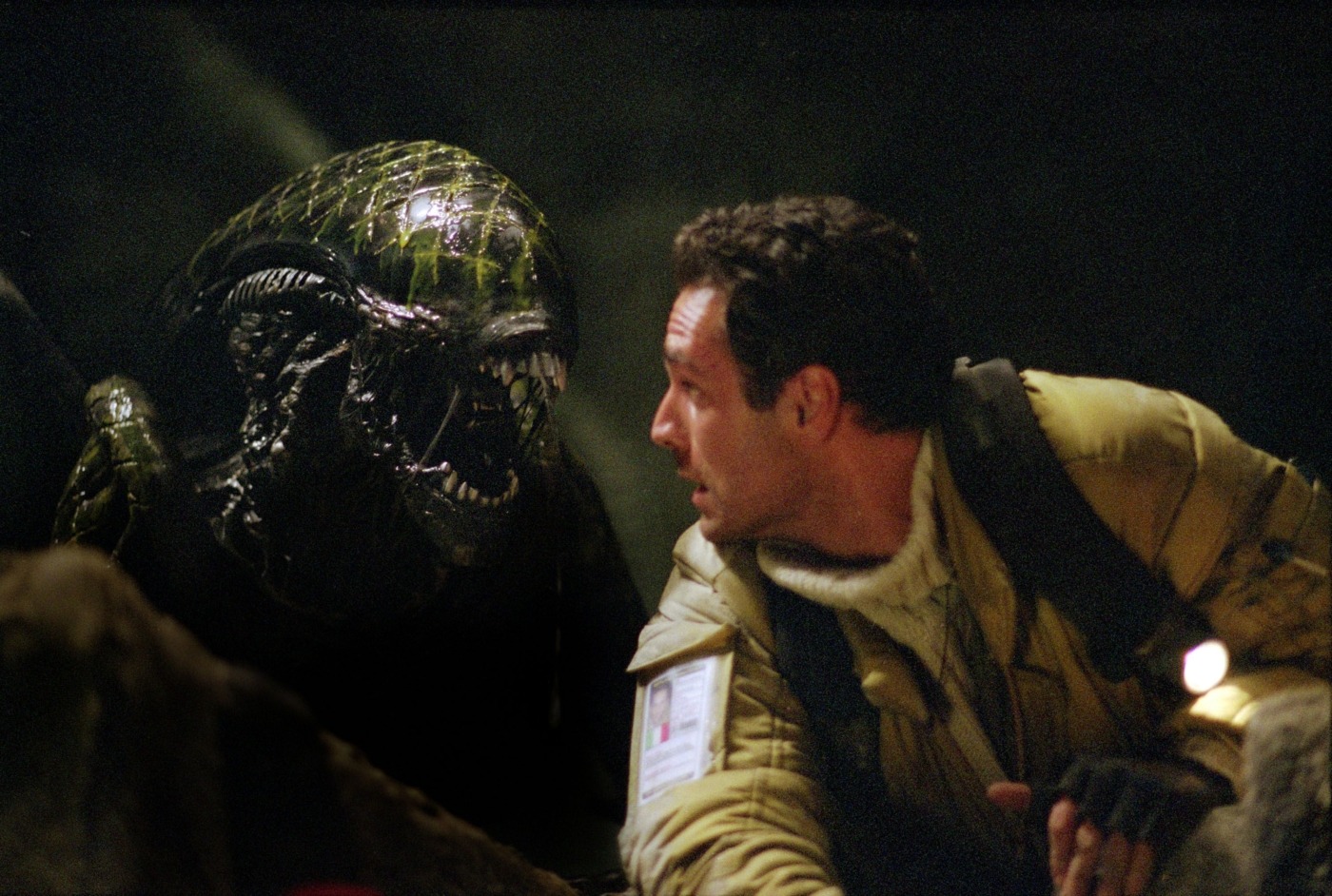What happened to the 18-rating?
I recently went to watch Joker and, although I thought it was brilliant, you can’t fail to be struck by how bleak and dark the film is. A couple of scenes stayed with me, the most impactful of which is the Joker’s brutally violent murder of a former colleague. It’s the kind of thing that I thought would warrant an 18-rating, but Joker has been rated 15. 18 films now are so few and far between that it’s worth discussing – what happened to this most notorious of age ratings, and what does its decline say about the film industry and our society?
The 18-rating was particularly used at the BBFC under the 1975-99 reign of the infamously-censorious James Ferman. Nowadays, they are generally given to films featuring strong violence and detailed portrayals of violent acts (particularly suicide), sexual content (and particularly sexual violence), the use of racist language or the use of illegal drugs. Now, you may be thinking that these criteria still apply to many films you’ve seen, and you’d be right – there’s typically a very fine line to cross to receive the 18. Take something like John Wick Chapter 2, which is extremely violent – the only cut necessary to get a 15 rating was the removal of “bloody injury detail in a suicide scene”.
It’s arguable that this decline in 18-certificates can be explained by a general shift in what society finds acceptable
As far as I can see, the number of mainstream 18 releases this year have been few and far between. Most are horror pictures – Midsommar, Ready or Not – but there’s also an action picture (Rambo: Last Blood) and an auteur picture (Once Upon a Time in Hollywood). There have also been a number of much smaller releases and straight-to-video films receiving an 18 (typically horror pictures or dramas dealing with racism), and foreign-language films are also more prone to the certificate. I couldn’t find any examples this year, but erotic films also normally receive the 18-rating – the highest-grossing UK 18 is Fifty Shades of Grey.
It’s arguable that this decline in 18-certificates can be explained by a general shift in what society finds acceptable, and that sex and violence are no longer the taboo subjects they used to be. There is evidence of this – when older 18 films are resubmitted for a re-release, it’s unusual if the BBFC doesn’t downgrade their ratings (all of the Alien films became 15-rated, for example). 18-productions have now shifted to television, where they can be accessed by anyone of any age – children are watching Game of Thrones, something far more violent than many of the 18s I’ve listed. Cinema is moving with the times – whether or not you agree, people are subjected to violence and sex from an early age, so why should the film industry pretend otherwise?
Sex and violence are no longer the taboo subjects they used to be
The word ‘industry’ is the other big reason here. Films are intended to make money first and foremost, and an 18-certificate reduces the potential audience for a movie. This would be a daft move when younger people are increasingly the target for filmmakers – the BBFC states that 18-films are “suitable only for adults”, but the industry isn’t really making films only for adults. When films are submitted for classification, they can request a specific category for their film, and can be advised on how to reach that age rating. Studios don’t want 18 ratings because they massively limit the audience and thus cut into profit.
I don’t want to come at this like a modern-day Ferman, arguing that we should have a lot more censorship, nor am I particularly bothered by 18-rated content myself. However, I don’t like this implication that every film should be an experience for everyone – the film industry seems to have forgotten that there are adults out there that want to watch films (look at the surprise when Downton Abbey did as well as it did, enticing adults back into a cinema).
I don’t think the decline of the 18-rating is a net positive for our society
I’d also like to make an argument that you’re not going to hear too often – we should have more 18s because a lot of films out there would be better with an 18 rating. As a horror fan, for example, it’s disappointing when violence is toned down to a minimum to score a 12 or 15 rating – violence is meant to be violent, and trying to make adult content young-person friendly ruins films. Just as there is a need for kid-friendly films in the cinema, we also need films for adults – and only for adults.
In the age of Ferman, film ratings seemingly worked to classify cinema-goers as children, protecting them from everything. I don’t know if that’s better or worse than a ratings system which assumes children are able to (and seemingly should) engage with adult content in every film they witness. The decline of the 18-rating may be good for the film industry’s coffers, but I don’t think it’s a net positive for our society.

Comments (1)
Beautiful